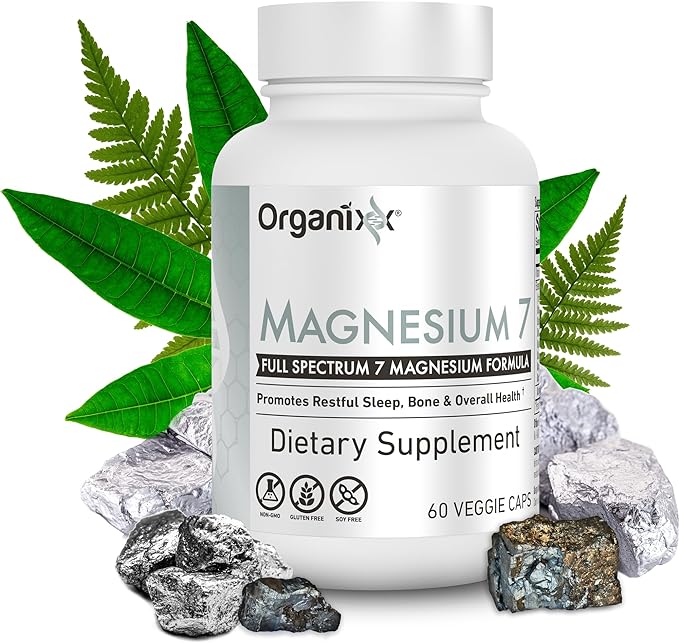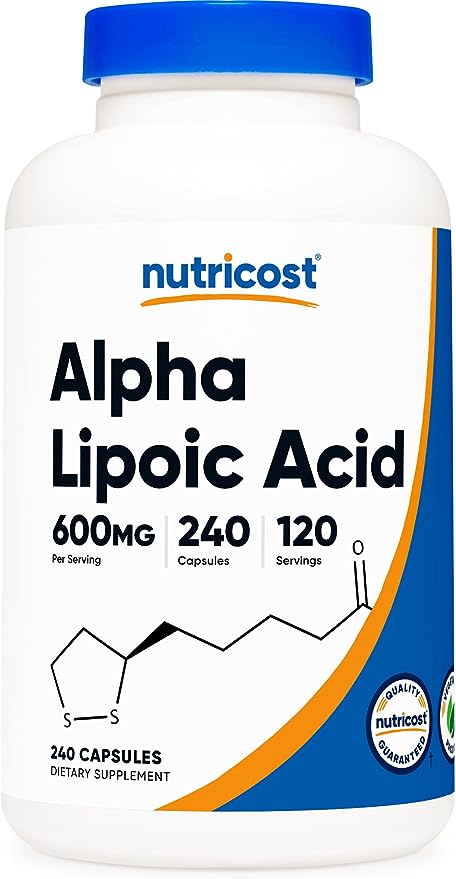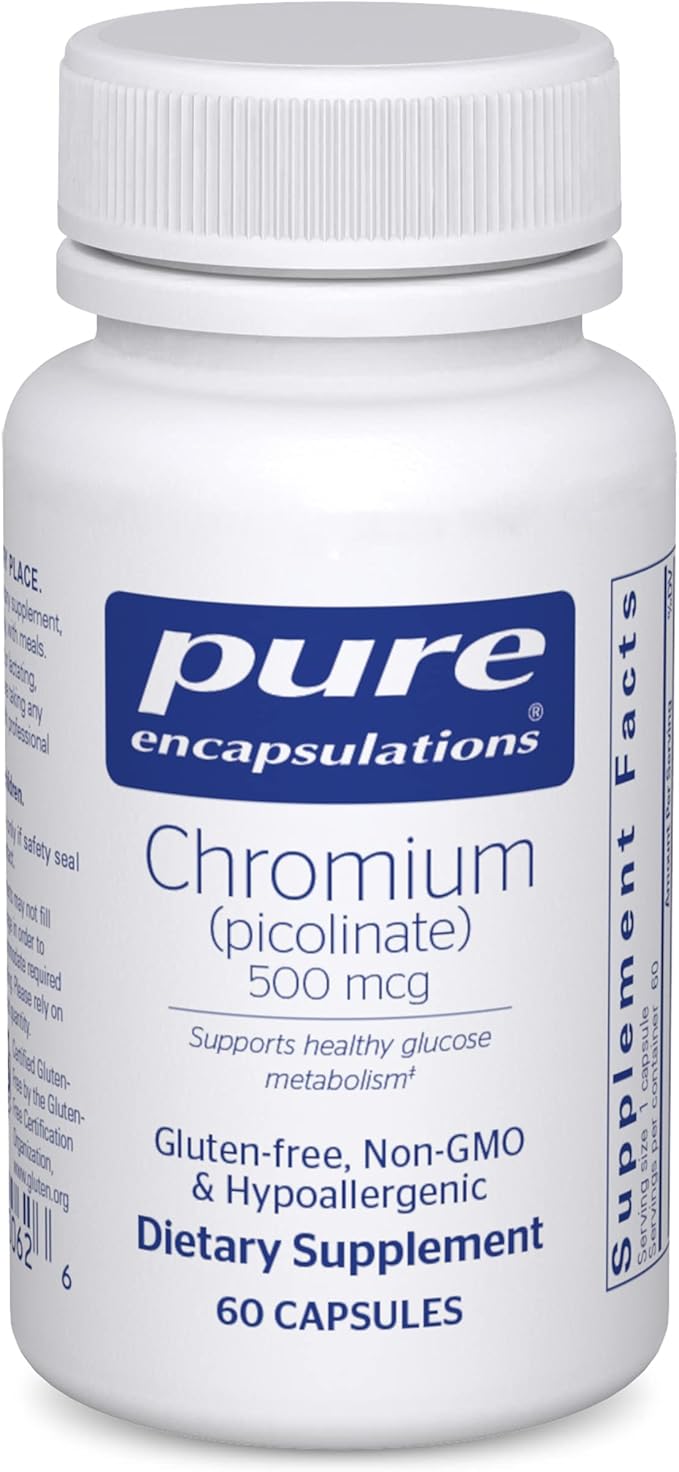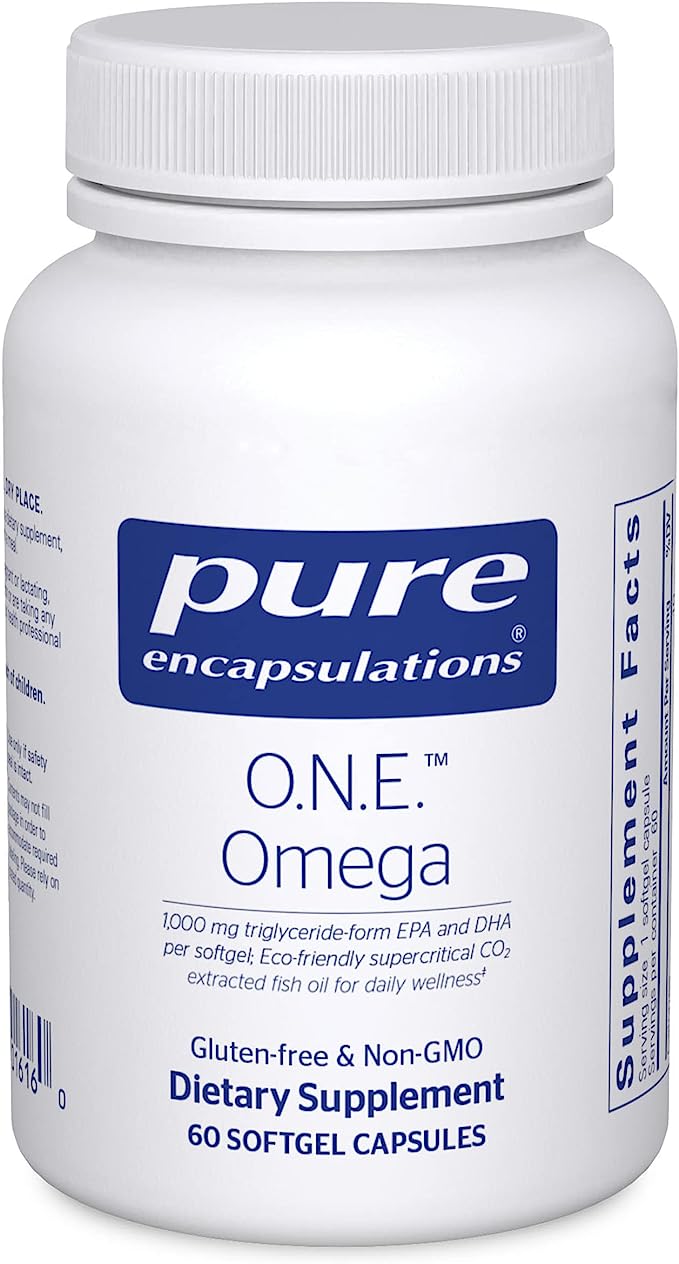The Best Supplement For Diabetics Patients
en considering supplements for diabetic patients, one of the best options is magnesium. Magnesium plays a crucial role in regulating blood sugar levels and enhancing insulin sensitivity.
Many diabetics have been found to have lower magnesium levels, making this mineral particularly beneficial. Magnesium supplements can help improve the body’s ability to use insulin effectively, thus helping to control blood glucose levels.
Additionally, magnesium supports heart health, which is especially important for diabetics who are at an increased risk for cardiovascular diseases.
However, it is vital for diabetic patients to consult with their healthcare provider before starting any supplement, as individual needs and health conditions vary.
Another beneficial supplement for diabetic patients is alpha-lipoic acid (ALA). ALA is a powerful antioxidant that helps to reduce oxidative stress, a condition that is frequently elevated in diabetics.
This supplement aids in improving insulin sensitivity and promoting better blood sugar control by enhancing glucose uptake into cells. Additionally, ALA has been shown to help in managing and reducing symptoms of diabetic neuropathy, such as pain and numbness in the extremities.
It is important to note that while the benefits of ALA are promising, diabetic patients should seek advice from their healthcare providers before adding this supplement to their regimen to ensure it is appropriate for their specific health needs.
A third valuable supplement for diabetic patients is chromium. Chromium is an essential trace mineral that plays a significant role in carbohydrate and lipid metabolism.
It helps to enhance the action of insulin, thus improving blood sugar control. Studies have indicated that chromium supplementation can lead to better fasting glucose levels, reduced HbA1c levels, and improved insulin sensitivity.
Furthermore, chromium may help reduce hunger and cravings, aiding in better weight management, which is crucial for diabetic patients.
As always, it is imperative for individuals with diabetes to consult with their healthcare provider before starting chromium supplementation, as the proper dosage and potential interactions with other medications need to be carefully considered.
A fourth supplement that may benefit diabetic patients is omega-3 fatty acids. Omega-3 fatty acids, commonly found in fish oil supplements, are known for their anti-inflammatory properties and their role in maintaining heart health.
For diabetic patients, omega-3s can be particularly beneficial as they help to reduce the risk of cardiovascular disease, which is a common complication of diabetes.
Moreover, omega-3 fatty acids have been shown to improve insulin sensitivity, lower triglyceride levels, and may even aid in reducing the incidence of diabetic retinopathy.
Just like with other supplements, it is essential for diabetic patients to discuss with their healthcare provider before incorporating omega-3 fatty acids into their routine to ensure they are taken safely and effectively.
Explaining the Best Supplements for Diabetic Patients in Detail with Examples
When it comes to managing diabetes with supplements, understanding their benefits and applications in real-life scenarios can be particularly useful.
Here’s a detailed look at each supplement mentioned above with examples:
Magnesium
As mentioned earlier, magnesium plays a crucial role in regulating blood sugar levels and promoting insulin sensitivity. For diabetic patients, this means better control of their condition and reduced risk of developing complications such as cardiovascular disease.
For example, a study published in the Journal of Diabetes Research found that diabetic patients who took magnesium supplements experienced significant improvements in fasting glucose levels and decreased insulin resistance.
Magnesium is vital for regulating blood sugar levels and enhancing insulin sensitivity.
For instance, a study showed that people with Type 2 diabetes who took magnesium supplements had notable improvements in fasting blood sugar and HbA1c levels, a measure of long-term glucose control.
An example of a beneficial magnesium supplement is magnesium citrate, which is often recommended due to its high absorption rate.
Alpha-Lipoic Acid (ALA)
ALA is an antioxidant that reduces oxidative stress and improves glucose uptake into cells. For example, diabetic patients suffering from neuropathy might experience reduced pain and numbness after taking ALA supplements consistently.
A practical supplement example is a 600 mg daily dose of ALA, which research shows can lead to significant improvements in neuropathic symptoms.
Chromium
Chromium enhances the action of insulin, which can help in better blood sugar control.
In a study, patients taking 200 mcg of chromium picolinate daily experienced better fasting glucose levels and reduced hunger, making it easier to manage weight. An example supplement is chromium picolinate, often recommended because the body easily absorbs it.
Omega-3 Fatty Acids
Omega-3s are essential for maintaining heart health and reducing inflammation. A practical example is a diabetic patient taking fish oil supplements to lower triglyceride levels and reduce the risk of cardiovascular diseases.
Typically, a daily dose of 1000 mg of fish oil is suggested, which can be beneficial when sourced from high-quality, pharmaceutical-grade supplements.
For all these supplements, it’s critical to involve healthcare providers in the decision-making process to tailor the supplementation to individual health needs and avoid potential interactions with other medications.
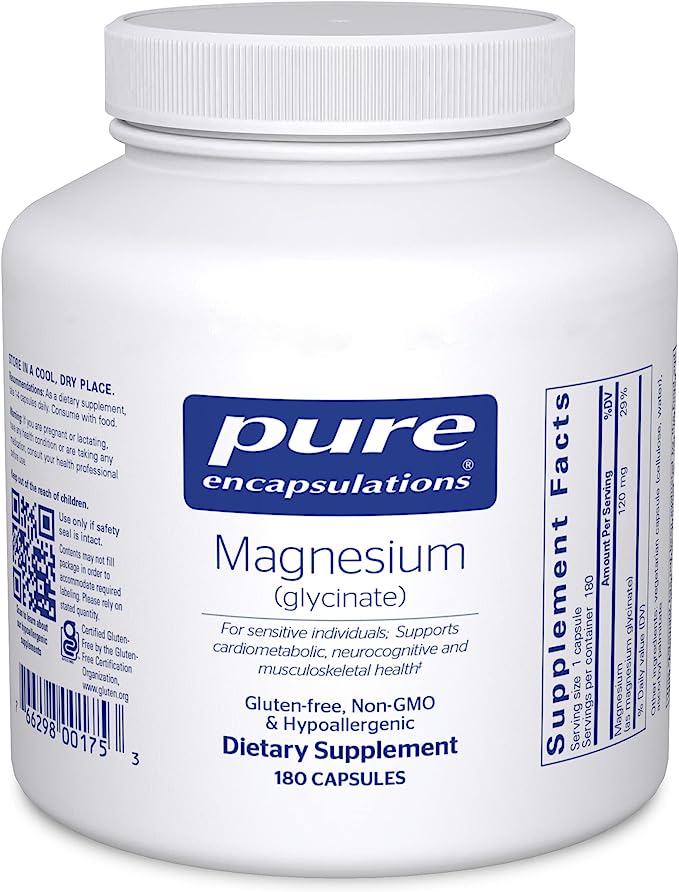
Different Natural Sources of Magnesium
agnesium is a vital mineral that can be obtained from various natural food sources. Consuming these magnesium-rich foods can help manage diabetes and improve overall health. Here are some notable examples:
Leafy Green Vegetables
Leafy greens like spinach, kale, and Swiss chard are excellent sources of magnesium. For instance, one cup of cooked spinach provides about 157 mg of magnesium, which is almost 40% of the recommended daily intake.
Nuts and Seeds
Nuts such as almonds, cashews, and peanuts are rich in magnesium. For example, a one-ounce serving of almonds contains approximately 80 mg of magnesium. Seeds, especially pumpkin, sesame, and sunflower seeds, are also packed with this essential mineral. A quarter cup of pumpkin seeds offers around 190 mg of magnesium.
Whole Grains
Whole grains like brown rice, quinoa, and oats are beneficial sources of magnesium. One cup of cooked quinoa provides around 118 mg of magnesium, making it a great choice for a nutritious meal.
Legumes
Legumes including black beans, lentils, and chickpeas are another excellent source of magnesium. For example, one cup of black beans delivers about 120 mg of magnesium, contributing significantly to daily needs.
Fish
Certain fish, such as salmon, mackerel, and halibut, are good sources of magnesium. A three-ounce serving of cooked salmon offers around 26 mg of magnesium, along with numerous other health benefits such as omega-3 fatty acids.
Avocados
Avocados are not only rich in healthy fats but also provide substantial amounts of magnesium. One medium-sized avocado contains roughly 58 mg of magnesium, making it a tasty and nutritious option.
Including a variety of these natural sources in the diet can help ensure adequate magnesium intake. As always, it’s essential to balance these foods with other nutrients and consult with healthcare providers, especially for individuals managing conditions like diabetes.
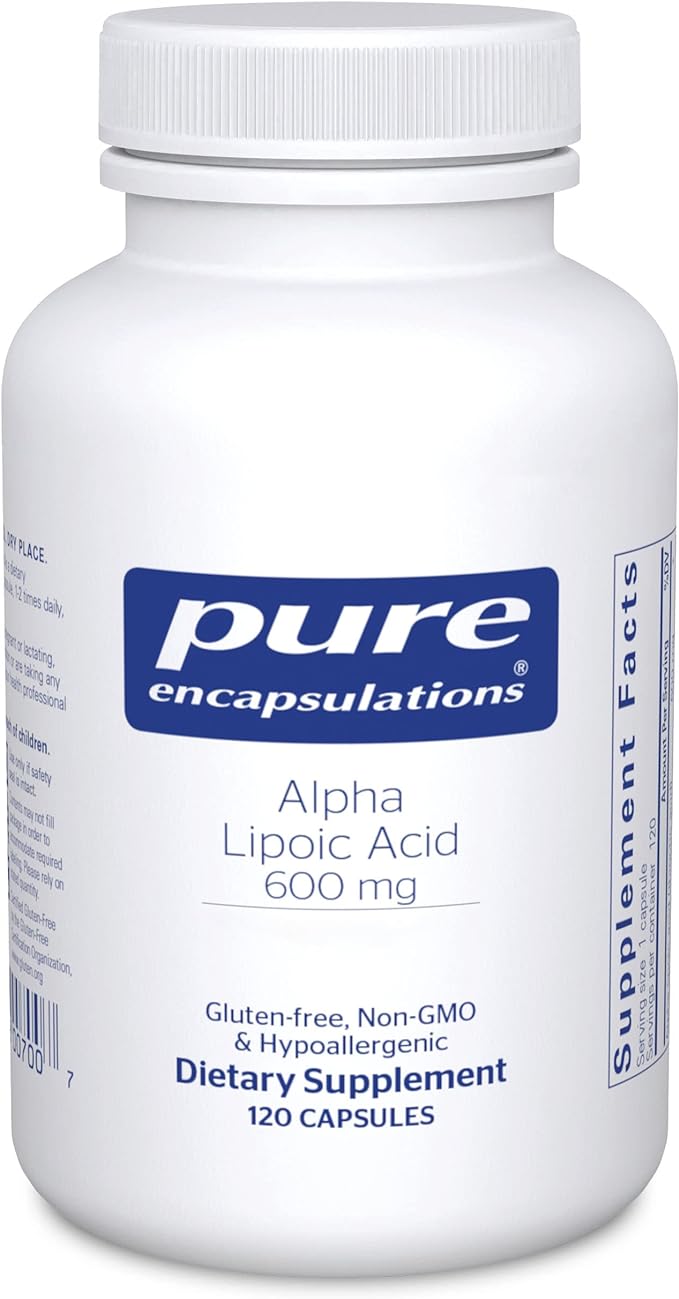
Different Natural Sources of Alpha-Lipoic Acid (ALA)
Alpha-Lipoic Acid (ALA) is a powerful antioxidant that can be found in various natural food sources. Including these foods in your diet can help in managing diabetes by reducing oxidative stress and improving glucose uptake.
Here are some notable natural sources of ALA:
Organ Meats
Organ meats, such as liver, heart, and kidneys, are rich in ALA. For example, a 3-ounce serving of beef liver provides a significant amount of ALA, along with other essential nutrients such as iron and vitamin B12.
Red Meat
Red meat, including beef, pork, and lamb, contains ALA. While it is essential to consume red meat in moderation, a 3-ounce serving of lean beef can offer a meaningful amount of this antioxidant.
Spinach
Leafy greens like spinach are also a good source of ALA. One cup of cooked spinach not only provides essential vitamins and minerals but also a small amount of ALA, making it a valuable addition to a balanced diet.
Broccoli
Broccoli is another vegetable that contains ALA. A cup of steamed broccoli offers a variety of vitamins, minerals, and antioxidants, including ALA, contributing to overall health and well-being.
Tomatoes
Tomatoes and tomato products like tomato paste and sauces contain ALA. Including fresh tomatoes in salads or cooking with tomato-based sauces can help increase ALA intake.
Brussels Sprouts
Brussels sprouts are cruciferous vegetables that provide ALA along with fiber, vitamins, and other antioxidants. A half-cup of cooked Brussels sprouts makes a nutritious and ALA-rich side dish.
Incorporating these natural sources of Alpha-Lipoic Acid into your diet can help ensure you get adequate amounts of this important antioxidant.
As always, it’s important to maintain a balanced diet rich in various nutrients and to consult with healthcare providers, especially when managing conditions like diabetes.
Different Natural Sources of Chromium
Chromium is an essential trace mineral that plays a significant role in insulin function and glucose metabolism.
Consuming natural food sources rich in chromium can help manage diabetes and enhance overall well-being. Here are some notable examples:
Broccoli
Broccoli is a cruciferous vegetable known for its high chromium content. One cup of broccoli contains approximately 11 micrograms of chromium, making it a great addition to a balanced diet.
Grapes and Grape Juice
Grapes and grape juice are good sources of chromium. For example, one cup of grape juice provides about 8 micrograms of chromium. Including fresh grapes or grape juice in your diet can contribute to daily chromium intake.
Potatoes
Potatoes, especially the skin, offer a good amount of chromium. A medium-sized baked potato with the skin provides roughly 3 micrograms of chromium, along with other essential nutrients like potassium and vitamin C.
Green Beans
Green beans are another vegetable rich in chromium. One cup of cooked green beans contains about 2.2 micrograms of chromium, making them a healthy and nutritious option to incorporate into meals.
Whole Grains
Whole grains such as oats, barley, and whole wheat are beneficial sources of chromium. For instance, one cup of cooked barley has about 11.6 micrograms of chromium, contributing significantly to daily requirements.
Tomatoes
Tomatoes and tomato products, such as tomato paste and sauces, contain moderate amounts of chromium. Including tomatoes in salads, sauces, or as part of a cooked dish can help increase chromium intake.
Meat and Poultry
Certain meats and poultry, such as beef and turkey, are good sources of chromium. A 3-ounce serving of turkey provides about 2 micrograms of chromium, which can help meet daily nutritional needs when included as part of a balanced diet.
Eggs
Eggs provide small amounts of chromium, with one large egg offering about 0.6 micrograms. Including eggs in your meal plan can contribute to your overall chromium intake.
Incorporating a variety of these natural sources of chromium into your diet can help ensure adequate intake of this essential mineral.
As always, it’s important to consult with healthcare providers when managing conditions like diabetes to tailor dietary choices to individual health needs.
Different Natural Sources of Omega-3 Fatty Acids
Omega-3 fatty acids are essential fats that play a crucial role in heart health, brain function, and inflammation reduction.
Including a variety of natural sources of omega-3s in your diet is beneficial for overall well-being. Here are some notable examples:
Fatty Fish
Fatty fish like salmon, mackerel, sardines, and trout are among the best sources of omega-3 fatty acids. For instance, a 3-ounce serving of cooked salmon contains approximately 1.24 grams of omega-3s, which is crucial for cardiovascular health and cognitive function.
Chia Seeds
Chia seeds are a plant-based source rich in alpha-linolenic acid (ALA), a type of omega-3. One ounce of chia seeds provides about 5 grams of ALA. They can easily be added to smoothies, yoghurt, or oatmeal for a nutritional boost.
Flaxseeds
Flaxseeds, particularly when ground, are another excellent source of ALA. One tablespoon of ground flaxseeds offers around 1.6 grams of omega-3s. They can be mixed into cereals, baked goods, or salads to enhance omega-3 intake.
Walnuts
Walnuts are a tree nut that provides a significant amount of ALA. One ounce of walnuts contains approximately 2.5 grams of omega-3 fatty acids. Including walnuts as a snack or in recipes can help improve heart and brain health.
Hemp Seeds
Hemp seeds are packed with nutrients, including omega-3 fatty acids. Three tablespoons of hemp seeds provide about 1 gram of ALA. They are versatile and can be sprinkled on salads, blended into smoothies, or used in baking.
Soybeans and Tofu
Soybeans and tofu are good sources of omega-3s, particularly for vegetarians and vegans. Half a cup of cooked soybeans contains around 670 milligrams of ALA, while tofu provides about 300 milligrams per 3-ounce serving.
Canola Oil
Canola oil is a cooking oil that contains ALA, making it a healthy option for cooking and salad dressings. One tablespoon of canola oil has approximately 1.28 grams of omega-3s, contributing to daily nutritional needs.
Brussels Sprouts
Brussels sprouts, a cruciferous vegetable, contain small amounts of ALA. One cup of cooked Brussels sprouts provides around 135 milligrams of omega-3s, along with fiber, vitamins, and other antioxidants.
Incorporating these natural sources of omega-3 fatty acids into your diet can help ensure adequate intake of these essential fats. As always, it’s important to maintain a balanced diet and consult with healthcare providers when managing specific health conditions like diabetes.

